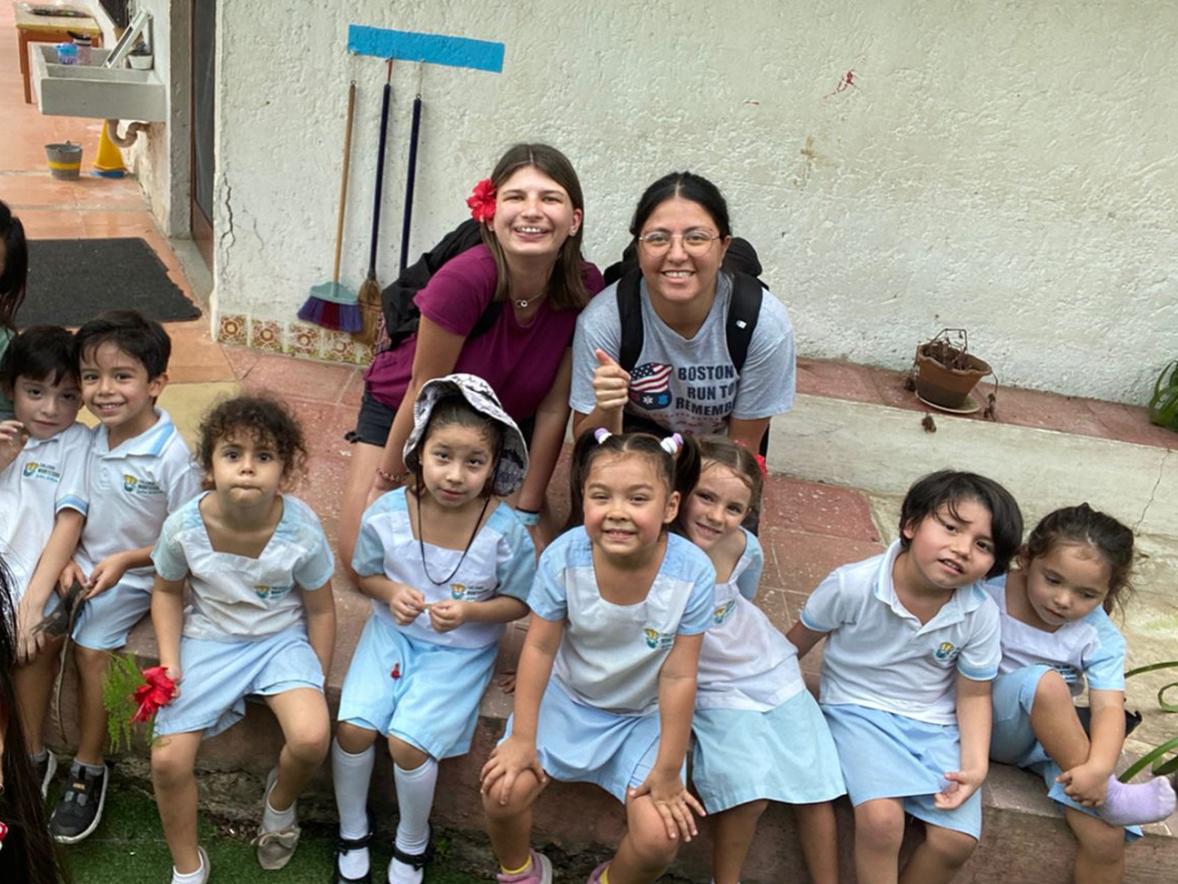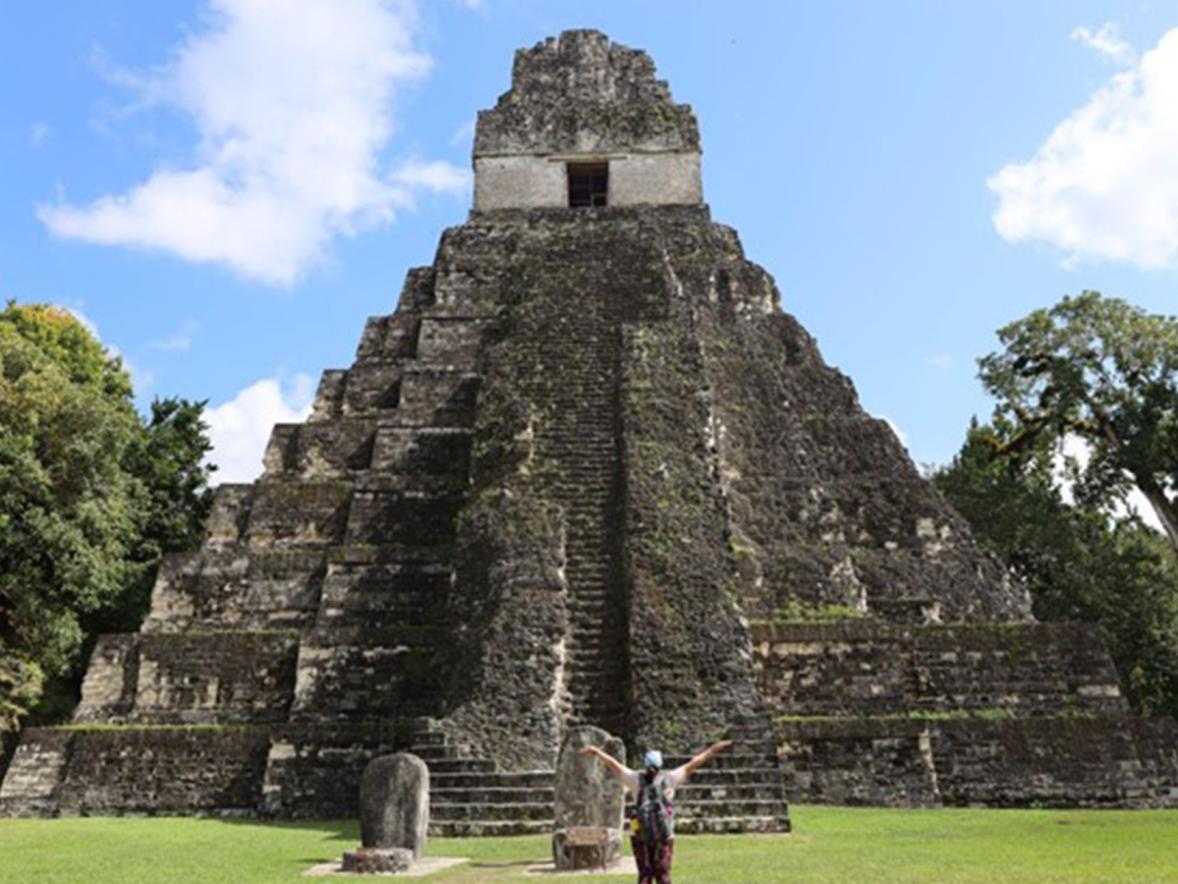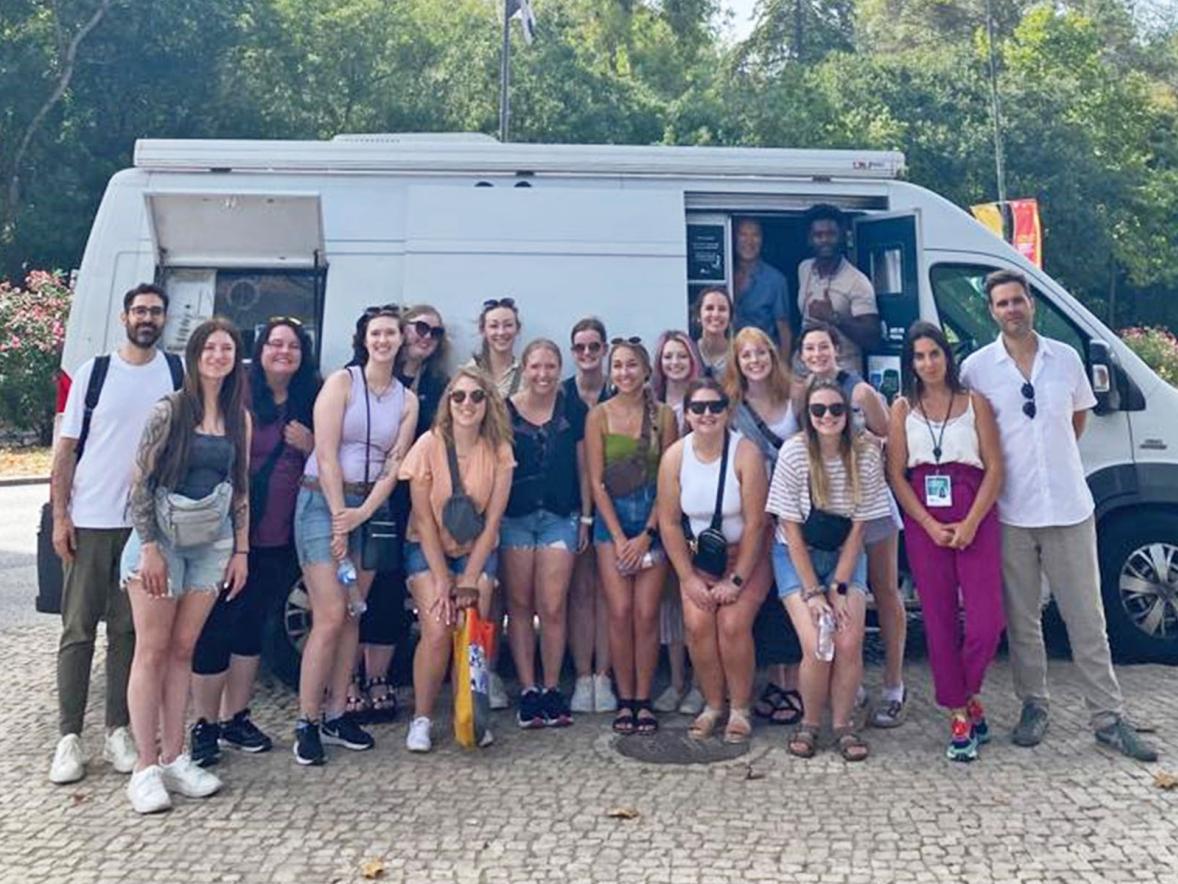The University of Wisconsin-Stout’s English as a Second Language Institute offers a unique opportunity for current and visiting students to share cultures and experiences and get a glimpse into the lives of their peers from halfway around the world.
Winter in the Midwest is a monthlong program offering visiting students several educational, cultural and travel opportunities. This year, 36 students from South Korea participated in the program, which ran from Jan. 26 to Feb. 22.
By building connections and friendships, the program “offers a chance for intercultural communication and leadership development,” said Kristyn Blessing, coordinator of Winter in the Midwest and lecturer in the English and philosophy department.
Peer mentor program
A special feature of Winter in the Midwest is its peer mentor program. Visiting students wanted to be more involved in the campus community. Who better to give them an authentic campus experience than UW-Stout students?
“Attending university events is more meaningful with another student who is already part of the Stout community,” Blessing said. “The peer mentor program affords them that immersive experience.”
Getting a global perspective
Seventeen UW-Stout students volunteered as peer mentors to visiting students, meeting each other once or twice a week. Visiting students were matched with a peer mentor in their major field of study, as closely as possible.
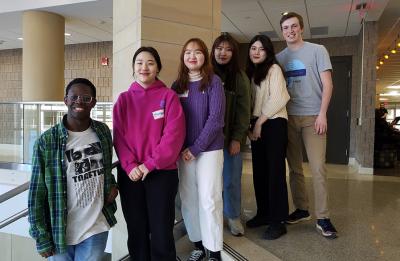
Peer mentors Vaughn Hess and Jake Thomas enjoyed sharing parts of their culture with their mentees and learning South Korean culture, too.
Thomas learned about the peer mentor program while working in the Admissions Office, giving campus tours to visiting South Korean students.
“I sort of came across the program by accident,” he said. “They were looking for engineering students to volunteer. One of my co-workers recommended I apply.
Thomas, a junior from Northfield, Minn., is majoring in engineering technology. He was a peer mentor for Hyunah Moon and Yujeong Shin. Moon and Shin are studying traffic engineering.
Hess, a senior from Milwaukee, is majoring in professional communication and emerging media. He was a peer mentor for English majors Minji Chung and Yooneso Pae.
Traveling to and learning in the U.S. was very important to the mentees’ college experiences. Visiting students explored the Menomonie area, went to Minneapolis and St. Paul and had an overnight in Chicago. Chung, who is from a large city, liked traveling to the metropolitan areas.
“It is really helpful for me to be here, having more cultural opportunities and to meet many people from many countries,” Chung said.
Moon and Shin were even able to travel to New York City. They enjoyed applying what they’d learned in their traffic engineering courses to analyze the traffic jams and pedestrian areas around Times Square.
“When I was young, for a long time, I wanted to come to the U.S. I want to learn English and the culture,” Moon said.
Differences in educational and public dynamics
Thomas invited Moon and Shin to his engineering course Design of Industry. The lab was in the wood and machine shop. Moon and Shin had never been in a lab like that before. The sights and sounds were a new experience for them.
Chung and Pae attended a Transnational Studies class with Hess. “You learn how to interact with other people across different cultures,” he said.
The visiting students were surprised by the teacher/student dynamic they saw while at UW-Stout. They explained that in South Korea teachers lecture while students only listen and take notes.
“Here, students ask questions and say their opinions,” Shin said. “In class, I like the interaction between students and professors.”
Hess added that in South Korea there is more pressure to go to college because having a degree is the only way to get a good job.
How can students volunteer?
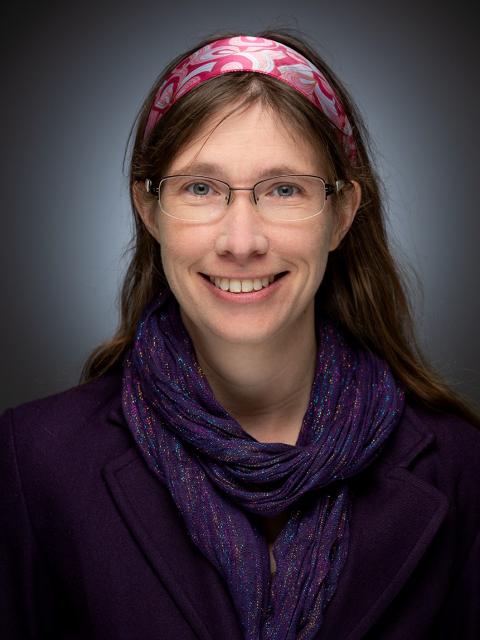
Blessing would like to have students from more countries involved in the future, to continue building relations and sharing cultures. And she invites students to become volunteer mentors.
“We would love to have more students involved as peer mentors next winter,” Blessing said. “We also run a summer program in July and August and welcome volunteers there as well.”
Students interested in becoming a peer mentor can contact the ESL Institute at learnesl@uwstout.edu.
Hess and Thomas recommend volunteering as a peer mentor. They both thought the experience was very interesting and opened their perspective into other cultures.
“If you want to meet other people, you have to get out of your comfort zone,” Hess said. “You have to go find people you like to talk to. Just hang out with them.”
Thomas added, “I learned a lot from my mentees. Menomonie isn’t the most culturally diverse place, but the program gave me perspective into another culture I knew nothing about.”





